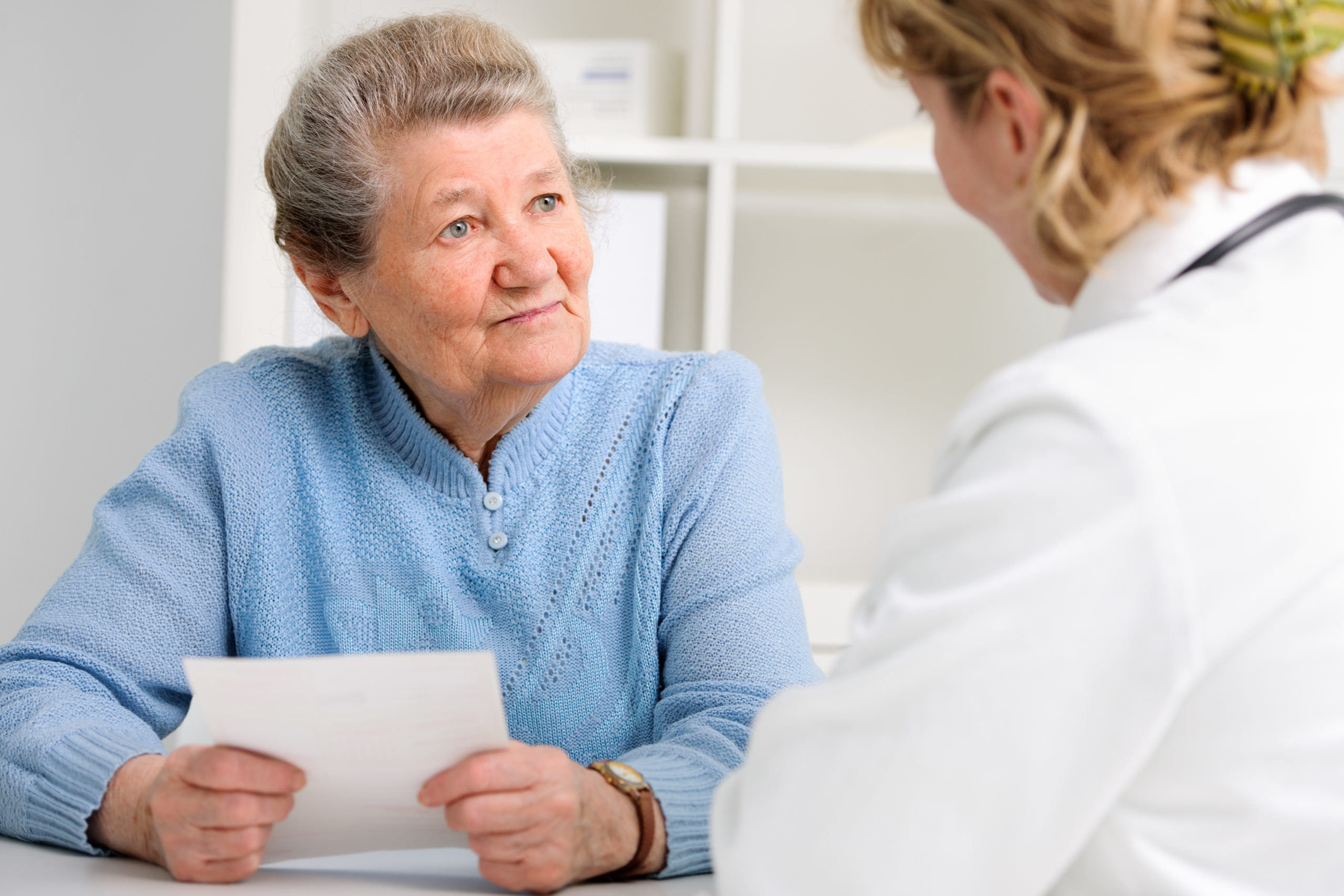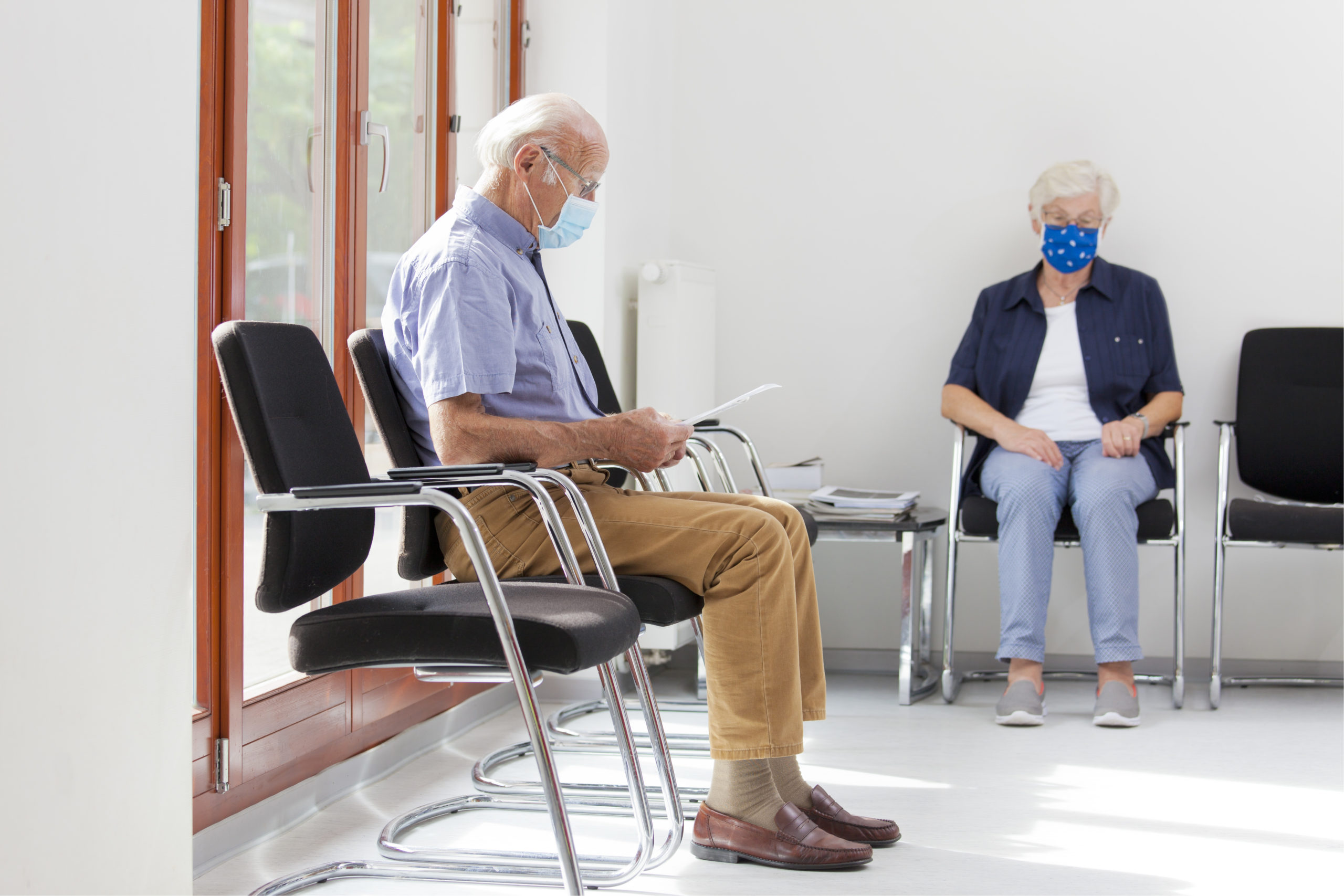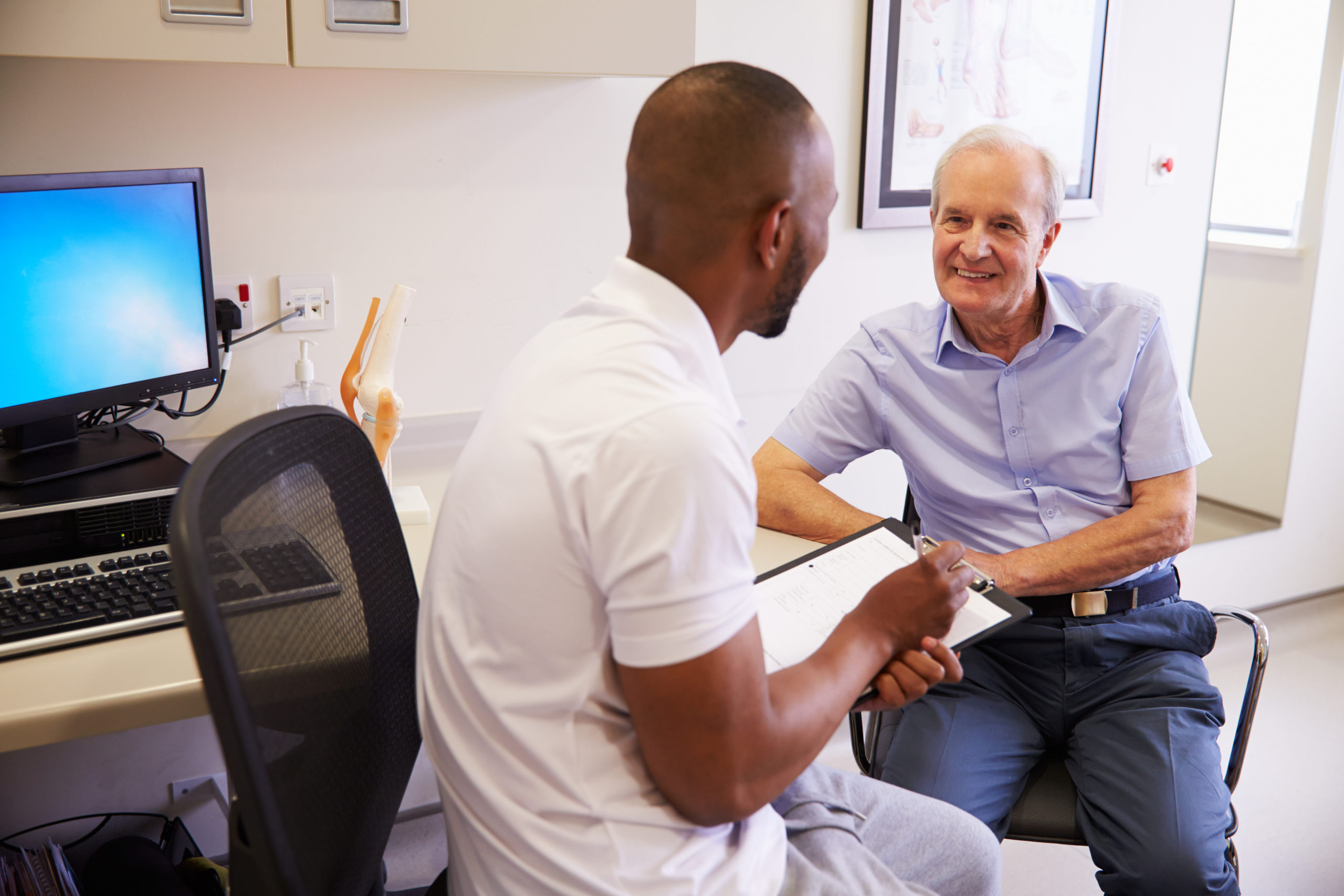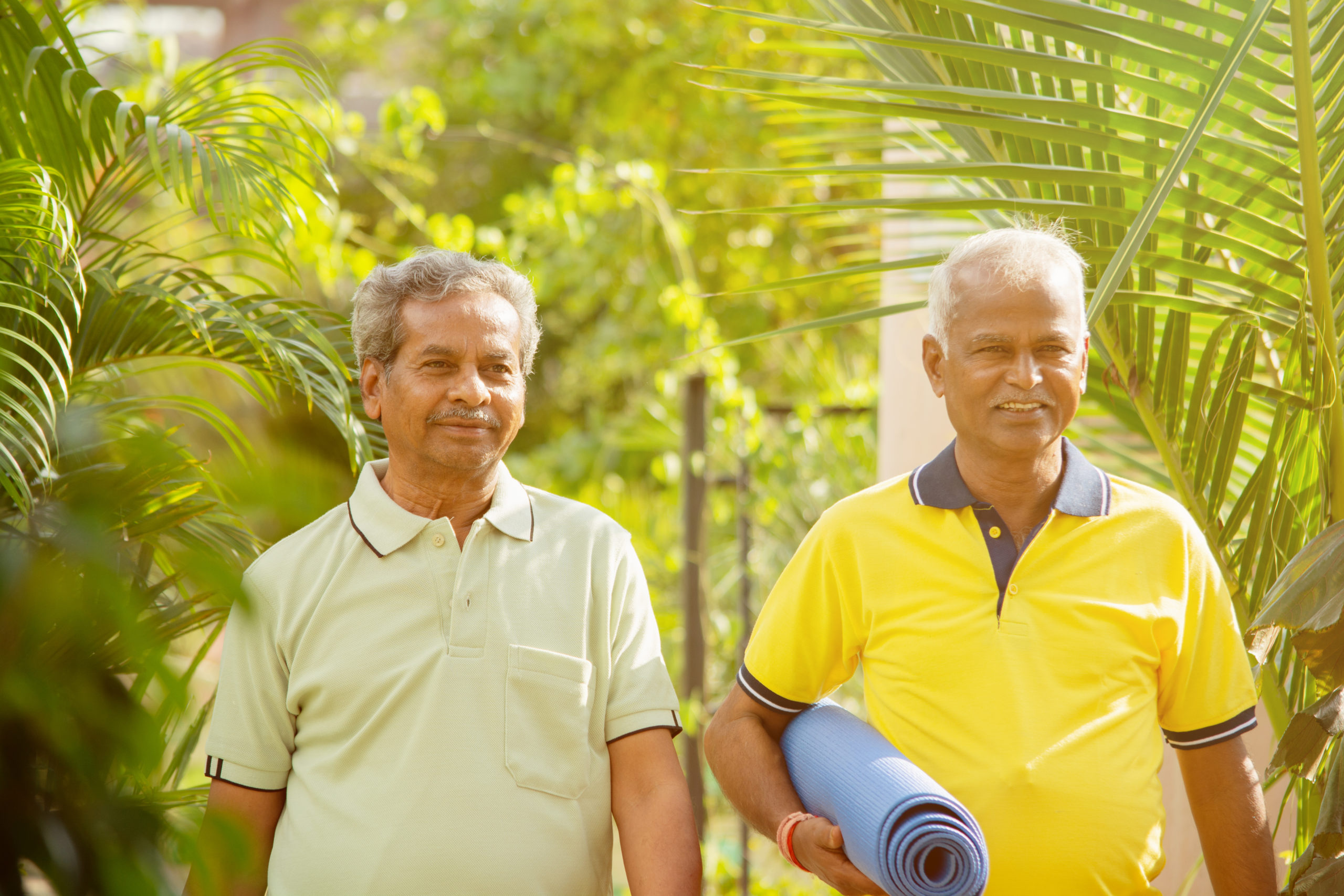Newly diagnosed with bladder cancer
Being told you have bladder cancer can feel overwhelming. You may be worried, uncertain, or simply not sure what happens next. These feelings are natural, and you are not alone. Many people live with bladder cancer, and there is a strong community ready to support you every step of the way.
How am I supposed to feel?
Hearing the word “cancer” often brings fear, stress, and countless questions. You may wonder how your life will change, how to cope, or who you can turn to outside of medical appointments. These reactions are completely normal.
Your loved ones may also feel scared and unsure of what to say or do. Try to share your feelings openly and allow them to support you, you will go through this journey together.
Where should I start?
You’ve already made an important first step by looking for information. Reliable resources will help you understand what’s ahead.
We recommend avoiding random internet searches at the beginning, much of what you’ll find can be outdated, confusing, or overly technical. Instead, start here, and then connect with a patient organisation near you through our Network page. They can provide trusted information, practical advice, and emotional support.
Choosing the right doctor
The urologist you work with will play a central role in your treatment and care. To feel confident in your care:
- Look for a urologist who has experience with bladder cancer.
- Ask about their reputation and whether they are part of a specialised team.
-
Most importantly, choose someone you trust and feel comfortable talking with.
Your local bladder cancer patient organisation may also be able to suggest specialists or help you seek a second opinion. If you are given treatment options, take the time to understand them, discuss them with your loved ones, and make the decision that feels right for you.
You are not alone
Many people have walked this path before you, and many are living full lives today after their diagnosis. Support is out there, both medically and emotionally. Explore our resources, connect with others, and remember: you don’t have to face bladder cancer by yourself.
Few more tips for your journey
Being newly diagnosed comes with a lot of information, and it can feel overwhelming. That is why we have prepared some suggestions to help you feel more confident, organised, and supported along the way.
Meeting with your urologist can feel intimidating, and it’s easy to forget what you wanted to ask. Preparing ahead can make a huge difference.
-
Write down your questions before your appointment. Keep a small notebook or use your phone.
-
Bring someone with you. A family member or friend can take notes, listen carefully, and help you remember details later.
-
Record the appointment (with your doctor’s permission), so you can go back and review it.
-
Read patient guidebooks before you go. They’ll help you understand terms like stage and grade, and give you ideas for more questions.
Some useful questions include:
-
What kind of bladder cancer do I have?
-
What is the stage and grade of my tumour? Has the cancer spread?
-
What treatment choices are available, and which do you recommend for me? Why?
-
What are the benefits, risks, and possible side effects of each treatment?
-
How will treatment affect my day-to-day life?
-
Are there clinical trials that could be right for me?
Remember: there are no “silly” questions. If you don’t understand something, ask again until it makes sense.

Even if you feel well, or your last check-up was clear, never skip a follow-up. Bladder cancer has a high chance of coming back, and the sooner a recurrence is found, the easier it is to treat.
-
Stick to the schedule your doctor gives you, whether that’s every 3 months, 6 months, or once a year.
-
Use reminders on your phone or calendar so you never miss one.

It’s your body, you deserve to understand what’s happening.
-
Always ask for a copy of your test and scan results, and keep them organised in a folder.
-
Don’t be afraid to ask your doctor: What does this mean for me?
-
If there are medical terms you don’t recognise, ask or look them up from reliable sources.
This helps you take an active role in your care and makes it easier if you ever seek a second opinion.

A healthy lifestyle can make treatment easier and recovery faster.
-
Nutrition: Ask about a referral to a dietitian who can guide you on foods to support your immune system and overall strength.
-
Exercise: Even light activity like walking, stretching, or gentle yoga can improve energy, mood, and sleep.
-
Mental health: It’s normal to feel anxious or low after a diagnosis. Talking to a counsellor or joining a support group can help.

You do not have to go through bladder cancer alone. Many people find hope and strength by connecting with others who understand what they’re experiencing.
-
Join a local or national bladder cancer patient organisation.
-
Share your story or listen to others, it can help you make sense of your own experience.
-
In many organisations, survivors describe it as joining a “warm, supportive family” that truly understands.




